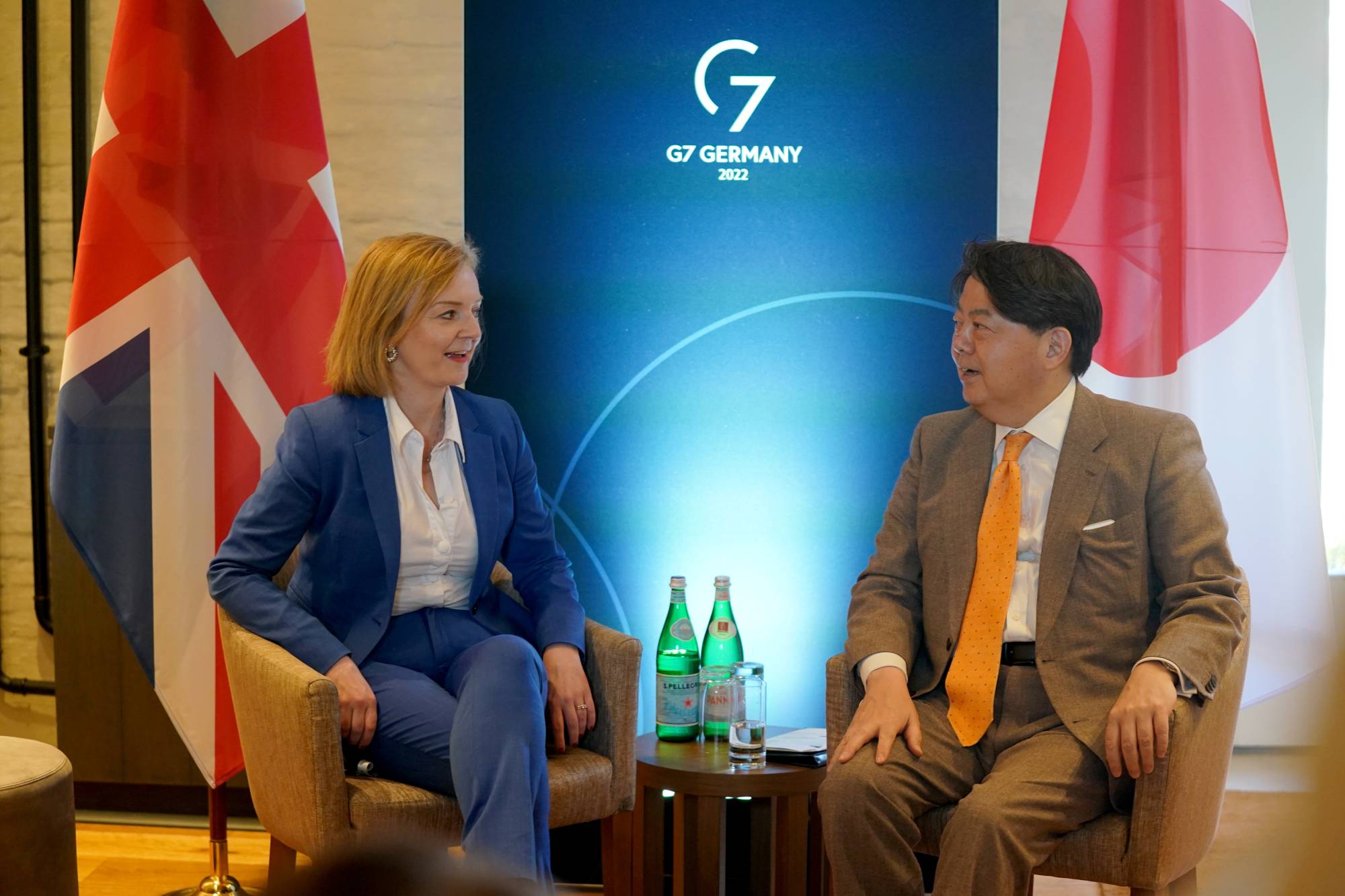From saying the “jury’s out” on whether French President Emmanuel Macron is an ally, to vowing “to push Russia out of the whole of Ukraine,” new British Prime Minister Liz Truss is known for her strong foreign policy rhetoric. That’s something Asia may need to get used to as well.
Truss is reportedly set to label China a “threat” to U.K. interests, while at the same time seeking closer ties to other Indo-Pacific countries such as Japan, India, Australia and South Korea.
The Conservative politician, who served as international trade secretary before becoming foreign secretary last September, is familiar with the global stage.
















With your current subscription plan you can comment on stories. However, before writing your first comment, please create a display name in the Profile section of your subscriber account page.